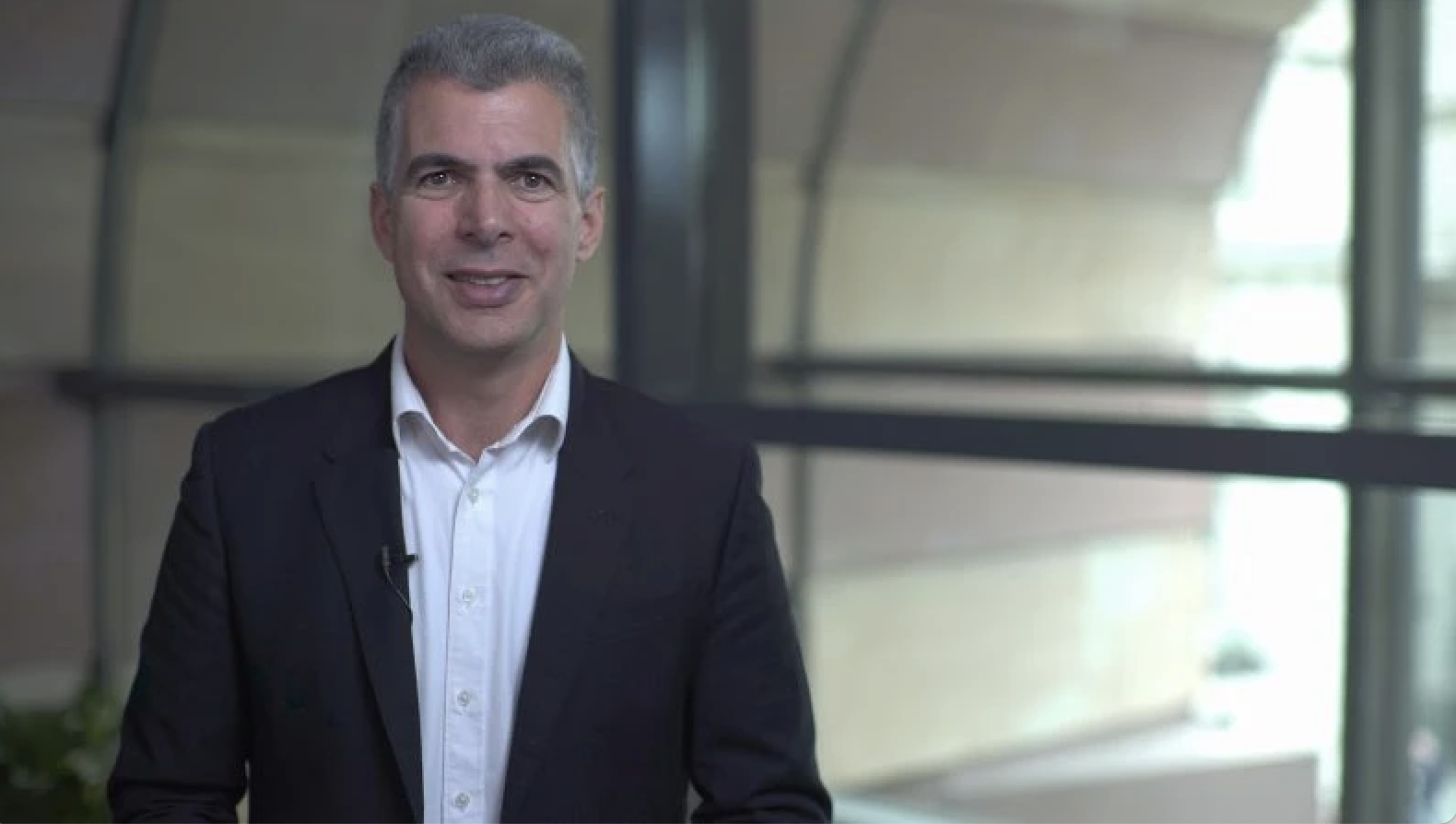We sat down with Nir Vulkan, Associate Professor of Business Economics at Said Business School, and member of the Oxford Man Institute, both at the University of Oxford to discuss the Oxford Fintech programme, which relaunches this month.
Tell Us About How The Oxford University Fintech Course Started?
I started working at Oxford University in 2002 and in 2015 I proposed the first academic course on fintech in the UK. I had previously worked with entrepreneurs, startups and have a degree in mathematics and computer science and a PhD in economics.
Initially, I started to offer the course for the MBA students and this involved spending a week with startups in Shoreditch to immerse ourselves in the London fintech scene. We were taking people from academia and mixing them with hipsters in Old Street – it was pretty edgy at the time.
In 2017, Oxford asked me to launched our first ever online programme on Fintech, and it was an immediate hit. So far, thousands of people have taken the course and Oxford now have more than 15 programmes running 4 to 5 times per year, including two more I created and directed on blockchain strategy and on algorithmic trading.
The timing was good, there are lots of people in banking and in the City that wanted to get involved and an online programme for 6-8 weeks is very attractive.
The crazy thing is that Fintech is so fast changing, we have to constantly update the course material, sometimes even stripping it back and rewriting it again from scratch.

Why Oxford University and Fintech?
Oxford University is strongly linked to the City and it feels like there is a connection to Fintech – especially with the founders of Onfido, Monzo, Funding Circle – they are ex-Oxford, and we have a lot of alumnus who were happy to come and share their experiences, which makes it feel more personal in that sense.
Universities are recognising Fintech. Finance is changing and facilities will become more involved with tech. Certainly for our MBA guys – Fintech could be bigger than mainstream finance in terms of the number of jobs – with businesses that focus on lending, credit cards, investing, Binance and data science.
We cannot refer to models or theories from 50 or 100 years ago like you would for an undergraduate degree, because it is so fast-changing. But the academia will soon catch up.
“Universities are starting to recognise that Fintech could be bigger than mainstream finance in terms of the number of jobs.”
How Has The Programme Been Running During The Pandemic?
The online programme is strong and like for MBA students, it has been running on Zoom. It is challenging of course, but we hope this will come back to normal soon.
However, the University wanted to offer online programmes and the pandemic is driving this, especially with the advances in EdTech – they know how to make videos short, concise and engaging.
What Do You See As The Future of Fintech?
The pandemic shows that nothing is certain. Some Fintech businesses received huge traction recently, such as Robin Hood. The digital banks of Monzo and Startling Bank did not become big during the pandemic per se, so maybe they need a little longer to break through.
“People think that Fintech is consuming facing, but 99% happens behind the scenes. The data, the analytics, there is a lot of pipework in the background.”
People not in Fintech will think that it is consumer facing. You have the stuff you see like the money saving apps or the colourful credit cards, but this is only the surface. 99% of Fintech happens behind the scenes, including the APIs, the analytics and the data, it is mostly pipework stuff, but things like open banking certainly looks very interesting in my opinion.
I am also interested to see more from InsureTech (insurance technology) – you have so much there in terms of measuring risk, amalgamating risk, pricing risk, these things can be dramatically changed by tech. The black box is a simple technology to voluntarily communicate how you drive and it has been a real success. What else is there in this space? Clothes to measure your fitness and heart rate? I am very excited to see more innovation in this space.
The Oxford Fintech programme is a 6 weeks online course, costing £2,650. The programme explores key themes including the digitisation of money, digital platforms and mobile financial services, AI in financial services, digital currencies, blockchain and cryptocurrencies, open banking and data networks – and runs 4 to 5 times per year.




